New try-at-home experiments are teaching children about essential water and wastewater services during the coronavirus lockdown.
Thames Water’s education team has shared social media videos of experiments, which use ingredients found around the kitchen and at home, to show kids how poo can be turned into power and why you ‘Don’t feed the fatberg’.
Before the lockdown, Thames Water operated its comprehensive education programme from seven specialist centres based at its sites and?through visits to schools by speakers.
Over the last?five years,?100,000 schoolchildren have been given a fascinating insight into how the company deals with clean water and waste for millions of customers.
Now Thames Water is sharing the creative experiments, which were once used in the classroom, on its channels to help parents fill lessons at home, as well as making interactive resources available on its website to keep kids entertained.
Paul Hampton, Thames Water education manager, said: “These videos are a great way to show both little and older kids where water comes from and how sewage and wastewater from their homes is cleaned and recycled.
“With the school term restarting after the Easter holidays and the coronavirus lockdown set to continue, we wanted to share experiments which are easy to follow and demonstrate the vital work our engineers are doing to keep our taps flowing.”
One of the try-at-home experiments highlights how items such as wet wipes, nappies and sanitary products don’t break down?like toilet paper and cause blockages that can lead to flooding and pollution. They?can also combine with fats, oils and grease to create?fatbergs.
As part of its ongoing ‘Bin It –?Don’t Block It’?campaign, Thames Water, which spends £18 million every year clearing 75,000 blockages from its sewers,?has produced a series of radio adverts reminding customers?to be mindful of what they flush during the pandemic.??
Paul added: “Wet wipes and things like kitchen roll can’t go down the loo and should be disposed of safely in the bin. This experiment can help children understand?why the only things that should be flushed are the 3Ps: poo, pee and toilet paper.”
Thames Water staff are classed as key workers, meaning those who cannot work from home, will continue to fix leaks, clear blockages and maintain services at reservoirs, treatment works and sewage sites in accordance with government guidelines. Non-essential work, such as meter readings, has been reduced.???
The online experiments can be viewed on Thames Water’s YouTube page and on its social media channels. New videos will be shared on a weekly basis: https://www.youtube.com/watch?v=oJ5DIE-3SKI
More classroom resources for primary and secondary school pupils can be found here:https://corporate.thameswater.co.uk/about-us/community/schools/classroom-resources
Interactive resources which demonstrate the water cycle and the water and sewage treatment processes can be found here:https://cycles.thameswater.co.uk/

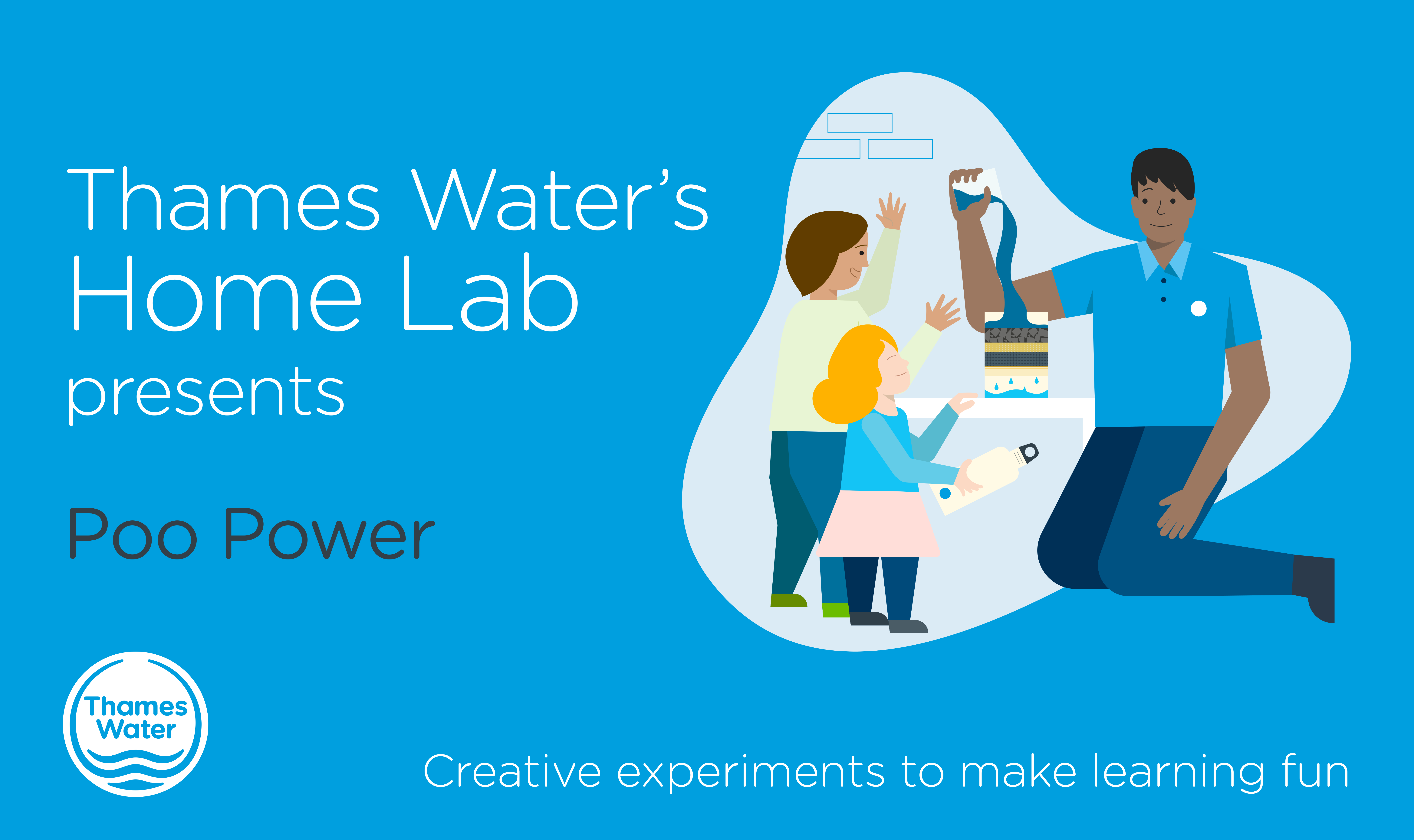
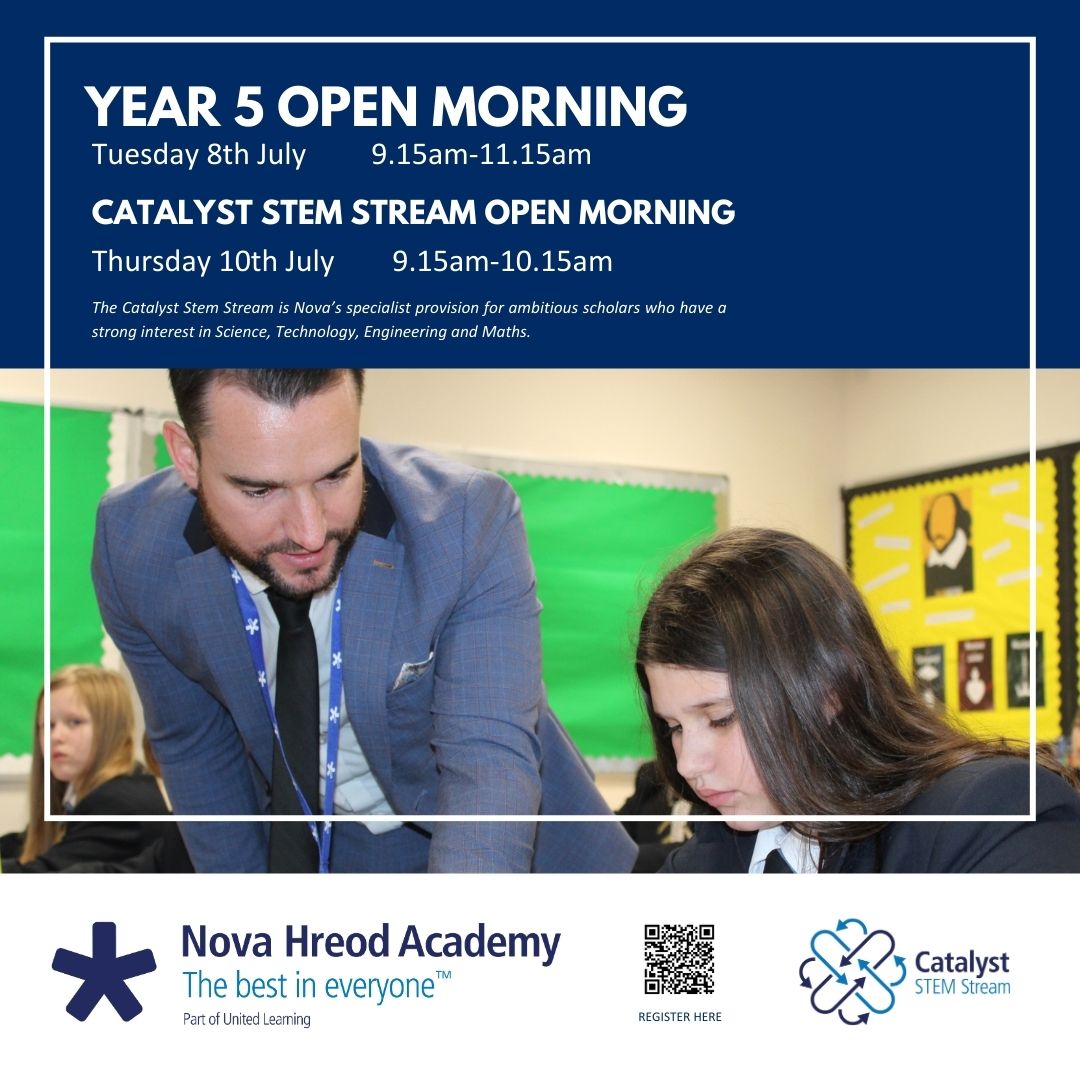

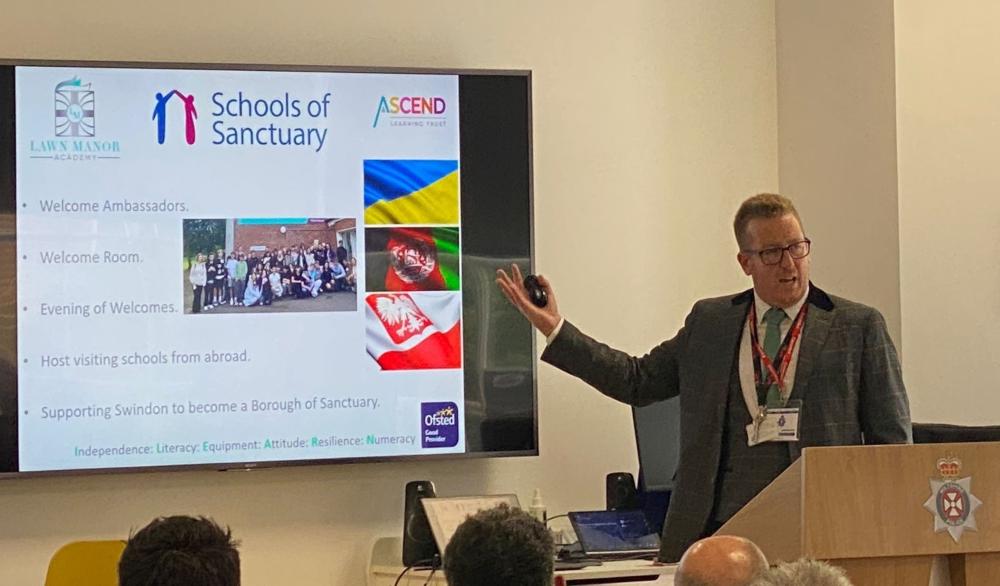

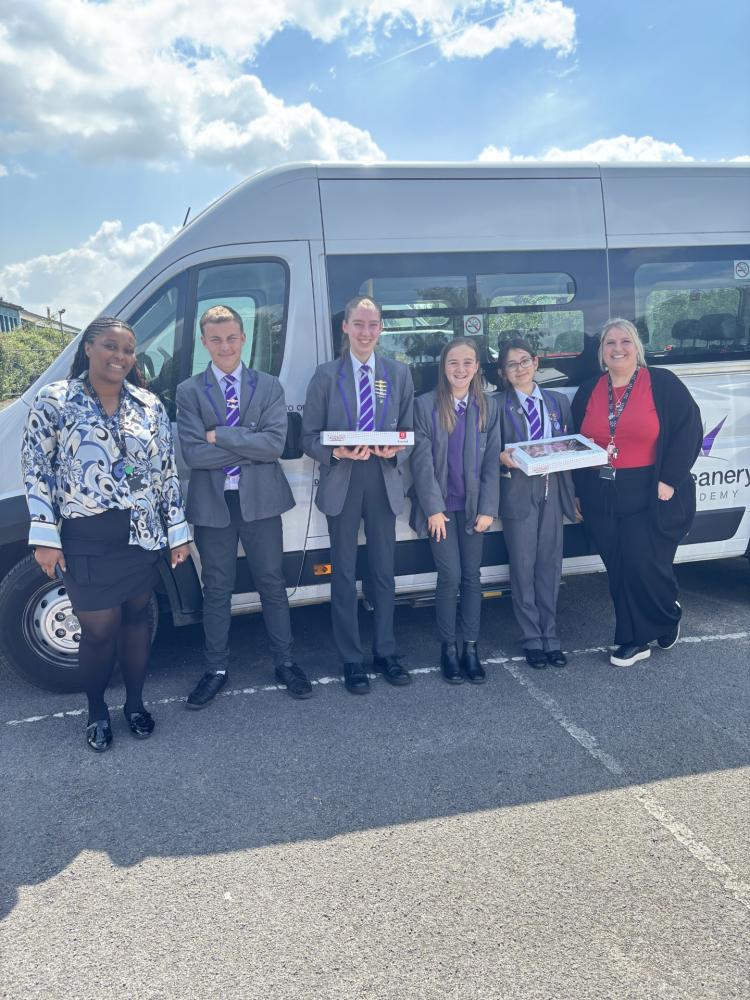

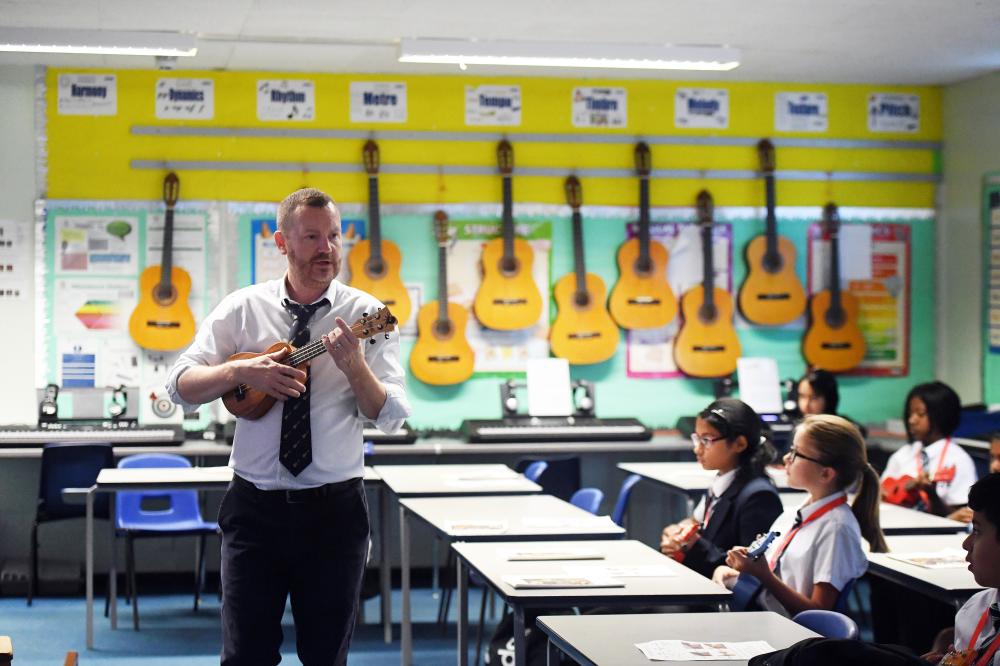
Your Comments
Be the first to comment on this article
Login or Register to post a comment on this article